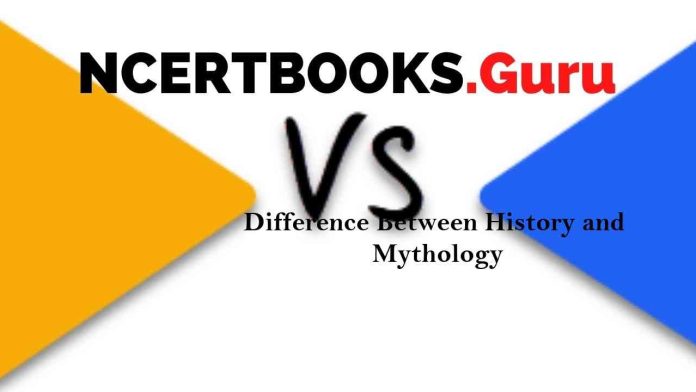- The Indian civilization is unique in several ways with an all-encompassing tradition, culture, diversity, dialects, practices, languages, religion, and kaleidoscopic visions vis-à-vis everyday life enabling people to not only soak in the prevalent atmosphere but also contribute immensely to furthering the chosen identity along these lines. We Indians are blessed with such uniquely diversified viewpoints that it’s no less than a wonder how we as a country stay together despite differences from one region to another. Of course, there are certain commonalities like religion, nationalism, sports, and security aspects that usually rally the countrymen to join hands in projecting unity. This itself is a unique phenomenon altogether.

PC: Vedic waves
- India is also home to exceedingly fascinating ideologies, mythologies, epics, and history dotted with innumerable instances of valor, sacrifice, and heroic dispositions that have held sway even in the present day. For instance, epics like Ramayana and Mahabharata hold a special place in the country’s collective psyche. It’s another matter altogether that there are polarizing figures out there wishing to establish the majoritarian viewpoint much against the secular fabric of the democratic nation. Society stands polarized between the two vertical viz. secular and communal political narratives need no further elaboration. The clash of ideologies on the goading of the politically rewarding parochial considerations is on the increase. We are aware of this fact.
- As reported recently, efforts are afoot by the NCERT to introduce epics like the Ramayana and Mahabharata for schoolchildren to study in their history class as part of India’s classical past. This endeavor will come to fruition if an NCERT panel has its way. The rational viewpoint suggests that this blurring of myth and history can only be counterproductive. People in the know would agree that India’s deep relationship with its mythology should not be reduced to the wrangles of history. What is history, after all, but the names and dates of empires and battles, endless rounds of violence and extraction? Many cultures, including ours, have a different understanding. Instead of historical facts, we are more at home in the timeless truths of myth.

PC: TOI
- Most Indians may not recall historical events but orient themselves in these stories, including the great wellspring of the epics. Many of us learn about life and ethics, we find refuge and community in them. Note that the formal writing and studying of history is an impulse that originated in the West. They say that we must understand the past to critique it and learn from it. But is this constructive learning visible in their actions? A focus on the past seems to lead to grievance and score-settling, an impetus to more violence, rather than mature understanding. History and myths cannot go together. Myths will perpetually endure in shaping our morality. History makes us project current animosities in long ago events. They should remain separated.






